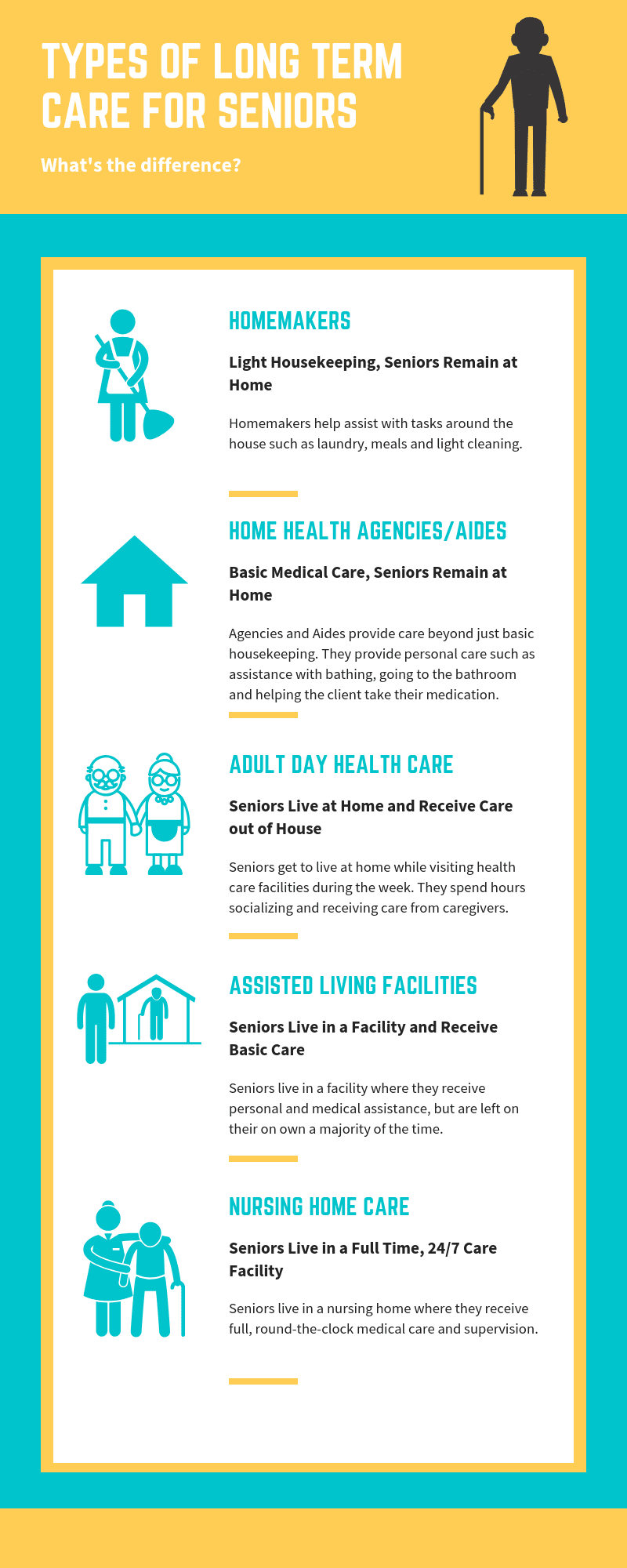The yearly cost of daily adult home health care in Georgia is $45,760, about 39.8 percent less expensive than the cost of a semi-private room in a nursing home. More and more seniors are choosing to remain at home and receive care instead of enroll in full-time nursing homes and hospices.
WHY IT’S NEWSWORTHY: As the baby boomer population continues to grow in numbers, more care is needed for seniors. Home health care agencies are proving to be a less costly alternative and may impact the number of seniors looking to move into senior communities in their final stages of life.
Similar to a nursing home or hospice, a home health care agency provides medical and non-medical care for seniors. The difference is that home health care agencies provide that care inside the client’s home, so the senior is able to remain in his or her personal residence.
“Elderly clients who are able to pay privately prefer to remain in their own homes if possible,” said Paula Sartain, a nurse and administrator at A.C.T. Home Care, a private home care agency. “Long-term care insurance reimburses clients for much of their out of pocket expense when utilizing licensed and bonded agencies.”
There are several different ways seniors pay for their care, and one of the most common is through Medicare and Medicaid.
“We sub-contract with the state of Georgia through Medicaid waiver programs for our reimbursement—90 percent of our clients are Medicaid, 10 percent pay private,” said Sartain.
To date, 11,558 home care agencies in the country are registered with Medicare and Medicaid. These federal and state programs do not cover most of the long-term care in nursing homes, which might be a reason seniors are turning to care in their own home.
However, as the number of seniors continue to increase in recent years, the number of home care agencies has slightly declined. One of the biggest challenges they face is shortage of labor.
“We do try to focus on staff retention, but we are in competition with the hospitals and nursing homes for qualified nursing assistants,” said Sartain.
While some nursing assistants (also known as home health aides) are working for different agencies and hospitals, many are also choosing to work for clients directly instead of go through a third party.
Libby Hartline, now a medical assistant, was an aide for a woman suffering from spina bifida in 2017. Much of her client’s care encompassed more than just basic medical needs.
“When you are helping someone at their home, you have a lot more responsibility than just to triage the patient,” said Hartline. “I cared for my patient’s service dog, made her meals from time to time, and even did laundry sometimes.”
A.C.T. Home Care offers similar companion care like Hartline’s, in addition to medical care. This is becoming the norm for agencies across the country and is another difference between nursing facilities and home care.

“Hospitals and doctors offices can be very sterile at times, which makes it hard for the patient to feel comfortable and secure,” said Hartline. “When a patient stays at their home, they get to keep more of a routine and still get great care while being surrounded by their own bed, food and family.”
A.C.T. Home Care has seen 5 percent growth over the past year despite some challenges similarly faced by other private home care agencies, like overhead expenses including professional liability, insurance and taxes.
Sartain believes that the growth will be accompanied by increasing charges to clients in the next decade.
“The fee for services for private home care will certainly increase over the next several years,” said Sartain. “The state will not allow an agency to charge a private client less per hour than what the agency charges (or what the state chooses to reimburse) the agency.”
Lauren Funk is a senior majoring in journalism at the Grady College of Journalism and Mass Communication at the University of Georgia.







